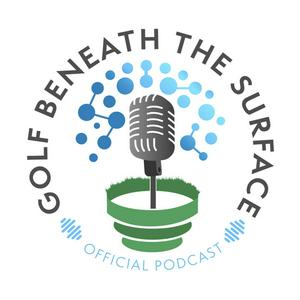**Apologies for previous technical difficulties should be good now… Blame Chase!! 😂**
In this episode, we’re joined by Gabby Herzig of The Athletic for a deeper look at the part of professional golf most people never think about — how the stories of the game actually get made. We talk through what real golf journalism looks like today, the difference between reporting and content, and how players manage the growing tension between access, image, and truth.
Gabby explains how the landscape has shifted with fan accounts, rumor cycles, and YouTube golf suddenly shaping public opinion faster than traditional media can keep up. We also explore Bryson’s reinvention, the widening gap inside the PGA Tour, and why the future of men’s and women’s golf may depend on who controls the narrative.
Toward the end of the conversation, we dive into her Masters feature on “scar tissue” — how past failures and unresolved experiences show up for elite players in the present, why anxiety is more common than people realize, and what it really means when a golfer carries their history onto a tee box like 12 at Augusta.
It’s a grounded, honest look at the forces shaping modern golf, the psychology underneath the biggest moments, and the human side of a game that often gets covered only at the surface level.
You can follow Gabby on Instagram and Twitter at @gabbyherzig, and find all her work at The Athletic.


